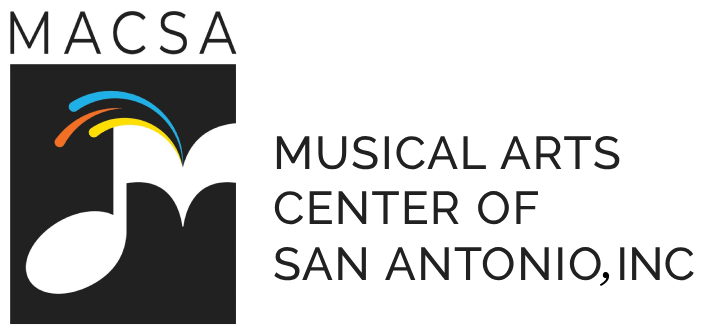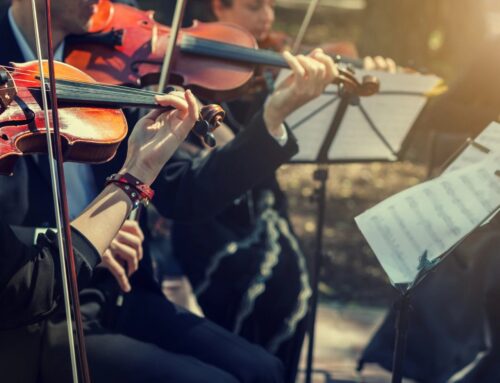Did you know that the oldest musical instrument ever discovered so far is a 60,000-year-old flute carved by Neanderthals? Since that time, humans have enjoyed crafting musical instruments and learning how to play them to create music of all different sorts. The thing about musical instruments is that not only are they entertaining to play but they are also beneficial for your brain in a variety of ways.
That’s one of the many reasons why taking music lessons is such a great idea for both children and adults. But what kind of changes in your brain can you expect to experience when taking piano lessons, violin lessons, or any other kind of music lessons? Keep reading and learn more about the neural benefits of playing musical instruments.
Learning a Musical Instrument Can Help You Multitask
What makes musical instruments unique is that they require you to use multiple parts of your brain at once. Usually, only one or two parts of your brain will be active when you are completing a task. For example, making yourself a sandwich or reading a book will only take up limited brainpower.
On the other hand, you will need to process several different factors at one time when learning to play an instrument. Since this is not normal behavior for the brain, this can help create new connections in the brain.
This will ultimately change the way you are able to think and process information. Take the piano, for example.
When you take adult music lessons and are learning how to play the piano, you will need to process several groups of information at once. Your right hand will need to play certain notes while your left hand will play a different group of notes. At the same time, you will need to avoid looking at where your fingers are landing on the keyboard and instead focus on reading the music in front of you.
When playing the piano, you will need to read two lines of music at once, one line for the right hand and one line for the left hand. All while doing this, you will need to keep track of the tempo and how strongly you are playing certain notes all while listening to the resulting music. As you can imagine, all of these responsibilities will activate different parts of your brain and can make your brain really come alive.
As a result, your brain will get better at multitasking. If you make music part of your daily life, you will find that multitasking will be a breeze for you.
Increased Brain Plasticity
Brain plasticity is especially important for children. You have likely heard that young children are like sponges when it comes to absorbing new information. You can thank brain plasticity for that ability.
Brain plasticity, also known as neuroplasticity, is the ability of the brain to reorganize its connections and make new connections without much effort when learning new information. This is how children are able to learn how to speak and read so quickly. The young brain is able to absorb new information, organize it, and reorganize it as necessary.
But the problem is that brain plasticity declines with age. As the brain matures, it becomes more difficult for the brain to process, organize, and reorganize new information. That’s why it’s so easy for young children to pick up foreign languages and so hard for adults to learn new languages, among other things.
As we age, our brains become less capable of absorbing new information and making new neural connections. Adults also develop slower reaction times and processing speeds than children as a result. However, learning how to play a musical instrument may be able to bring back some brain plasticity in adults.
One of the reasons this may be is because of the way listening to music affects the brain. Listening to music requires the brain to process sound faster than usual. This faster processing speed can translate over into other tasks such as listening to people talk.
Playing musical instruments and listening to music seem to be connected to being able to process and understand speech faster. This is not to mention that playing instruments and listening to music can have positive impacts that affect the brain for years.
Increased Neural Blood Flow
Having good blood flow throughout the body is important. Blood is responsible for carrying oxygen and other nutrients to different tissues throughout the body.
As you can imagine, it is especially important to get enough blood to the brain. In fact, if your brain doesn’t have enough blood, you’ll pass out.
Having poor blood flow to the brain can also result in brain fog and slow neural processing.
That’s because your brain won’t get enough oxygen or nutrients to function as it should. The great thing about learning to play a musical instrument is that by doing so, you can increase blood flow to the brain. This is true even if you only play a musical instrument for half an hour or so.
By getting more blood flow to the brain, you might feel more alert and energetic than before. So, if you’re ever feeling fatigued or foggy, why not try picking up a musical instrument?
The Neural Benefits of Music Lessons
Music lessons have all sorts of benefits for the brain. From increased neural blood flow to increased brain plasticity and gaining the ability to multitask, there’s no reason not to learn to play a musical instrument right away.
To learn more, contact us here.






